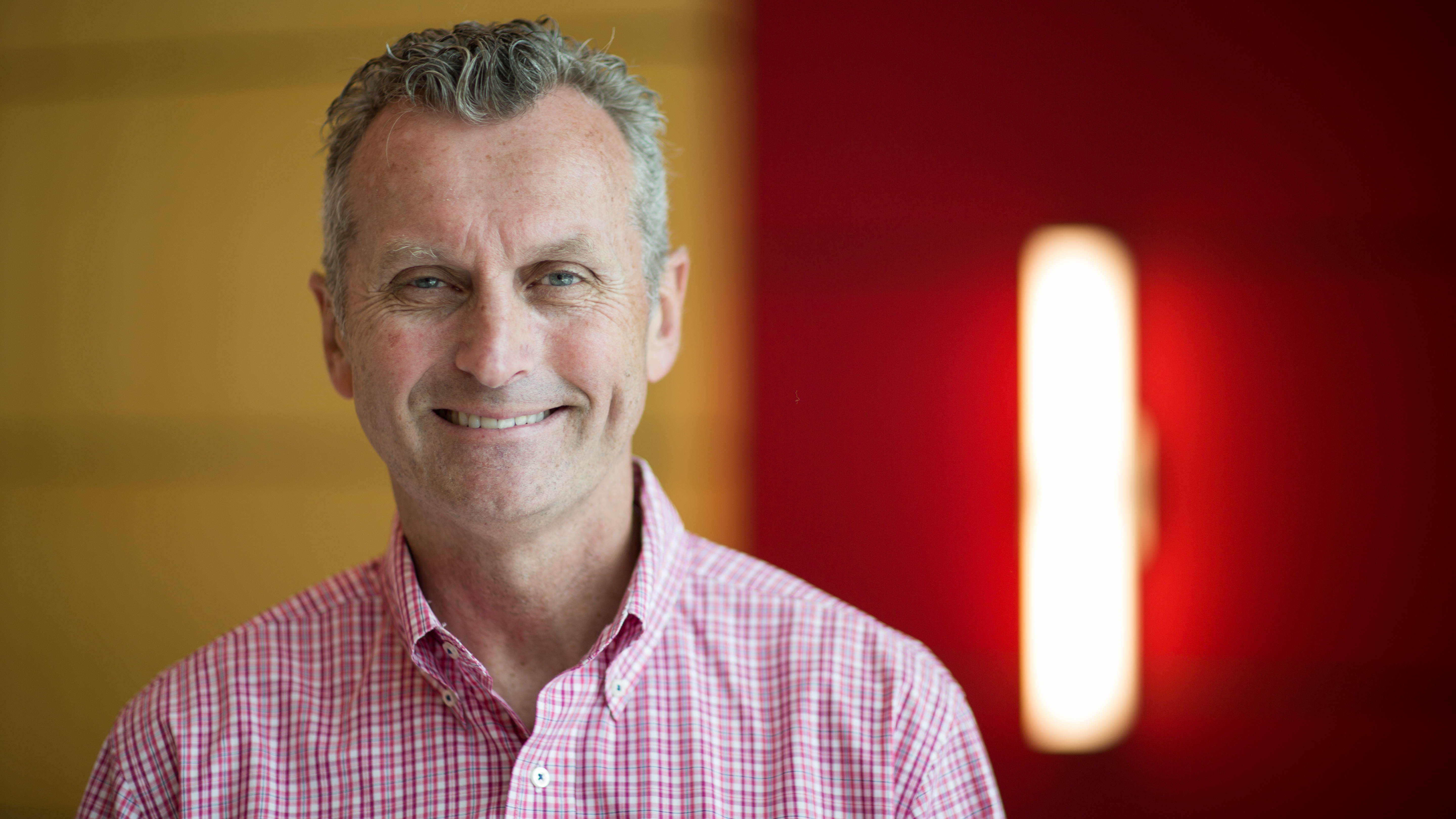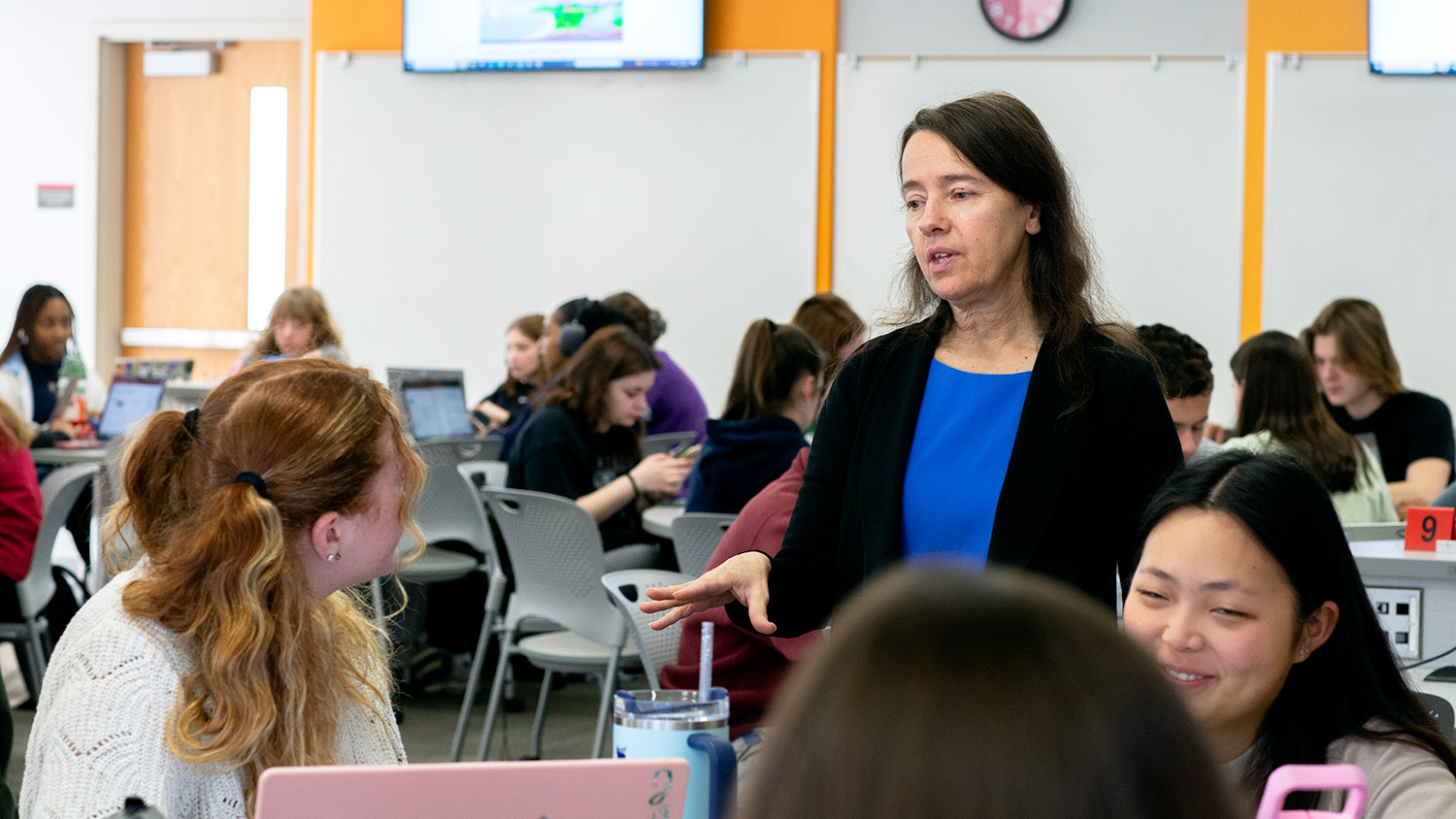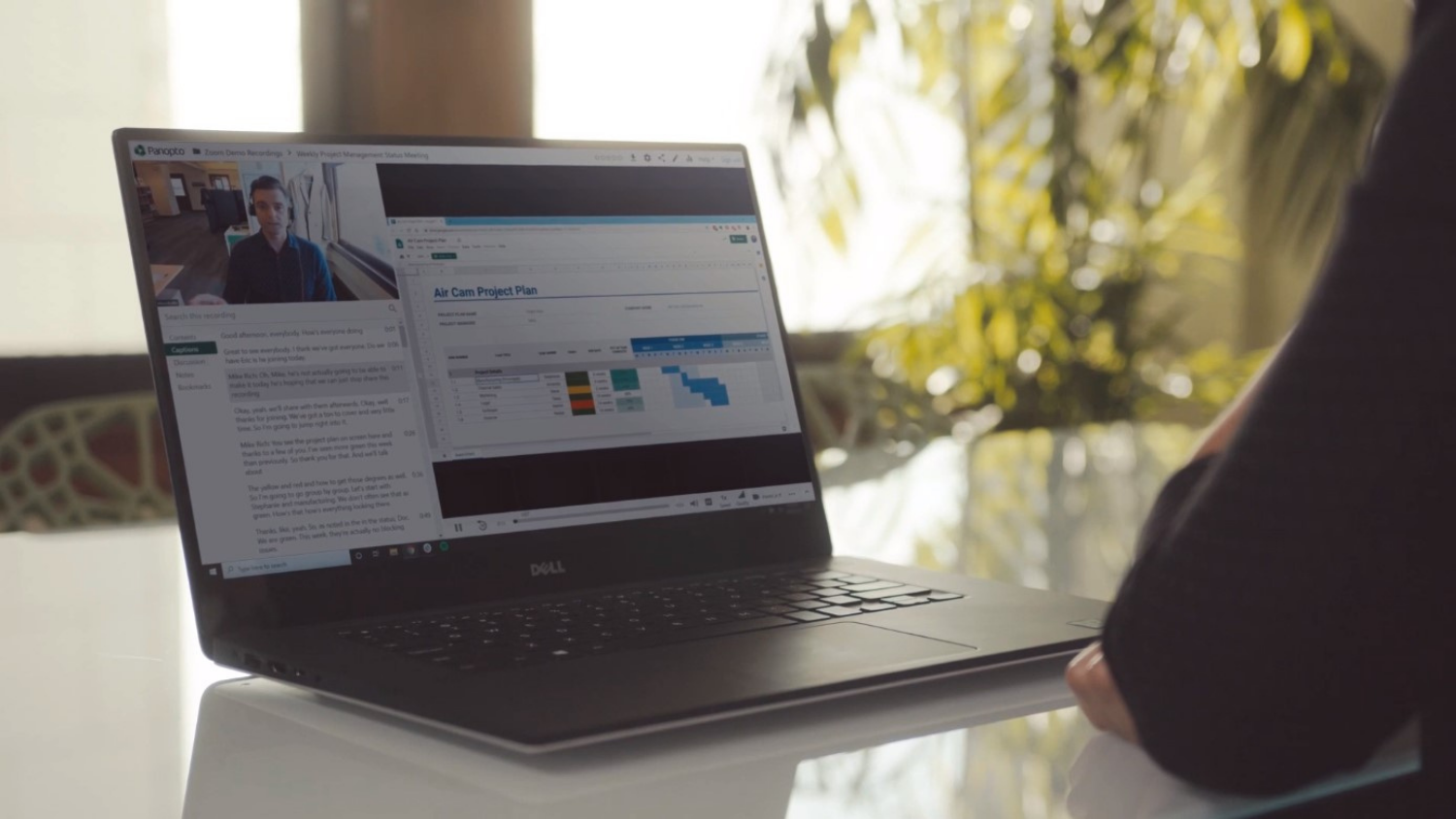Meet DELTA Faculty Fellow Michael Kanters

Dr. Michael Kanters knows how to appreciate the good and learn from the bad. One of three DELTA Faculty Fellows selected in the 2016-17 cycle as the second cohort, Kanters understands the risks and benefits associated with online learning and exploring new technologies. “We learn from failures and successes,” he said as he recalled past experiences; yet somehow, nothing has slowed him down.
In his 21st year at NC State, Kanters is no rookie when it comes to teaching. Using technology for a “good bit” of his career, he was one of the first individuals to apply for an Idea Grant, now called DELTA Grant. As his interests in teaching with technology grew, so did his desire to teach online and reach students off campus. Doing so has allowed more opportunities to students who are unable to be present on campus and has provided flexibility to faculty. Kanters has found this flexibility critical not only for his students but also for himself. “Research is a huge part of what I do, and now I have the flexibility to work on research when the demands are greater and work on teaching when I have the opportunity to do that,” he said.
As a Faculty Fellow, Kanters wants to be a source of inspiration and encouragement to others. “If there was one thing to come out of being a Faculty Fellow, I would hope to encourage a willingness to try new things,” he said. Although he finds convincing others to take a risk the biggest barrier for instructors and students alike, he wants to stress the fact that technology is changing rapidly and new opportunities are always available. Learning from successes and failures, Kanters states, “just because you think something works, doesn’t always mean there isn’t a better way to do it.” Finding this difficult to convey to other faculty has been a challenge, but he hopes to show them how the online learning environment can be used to “add value and accentuate the teaching and learning process.”
It’s obvious Kanters is passionate about his work and helping others, but why? “I enjoy looking at how [my team and I] are doing things and see how we can make a change and do better,” he responded. “There’s an opportunity that’s not being met and I want to know how we can bridge that gap.”
It’s important to note that Kanters just doesn’t think on these ideas — he acts on them as well. He has seen great success with various courses including the undergraduate sport management course and the online Master’s of Park, Recreation, Tourism and Sport Management (PRTSM) program — both of which are currently in high demand. He is also branching out of his home base in the College of Natural Resources to meet with Nancy Cassill, associate dean of academic programs for the College of Textiles. They have discussed how he can serve as a mentor while the College of Textiles restructures its online approach.
As previously mentioned, Kanters is no stranger to student success. Although he can’t attribute it to just one thing, he knows flexibility is crucial. He recognizes the diversity of students on NC State’s campus and understands that not everyone is a traditional student. “Moving away from the confines of the brick and mortar structure of a university to having flexible access is really important,” he said.
Also, when adding this flexibility to programs, it allows students to feel more connected to their peers, courses and the university as a whole. For example, he noticed some students were skeptical about the fully online Master’s of Parks, Recreation, Tourism and Sport Management program. However, through community building and continuous interactions between peers and instructors, these same students began to feel a sense of belonging. The program’s 90 percent graduation rate and graduation attendance — approximately 20 out of the 30 students attend — is a testament to this strong community.
There’s no doubt Kanters is an innovator, but not even he can foresee where technology will take us. He would not have predicted three years ago that he would be considering using virtual reality in class, but he is.
Although he can’t predict how technology will change, one thing he is certain of is its constant evolution. He’s also positive DELTA will be with him every step of this ever changing way. “Every time I work with DELTA, I go away feeling more excited about what I’m doing. The passion, creativity and energy are unparalleled,” he boasted.


